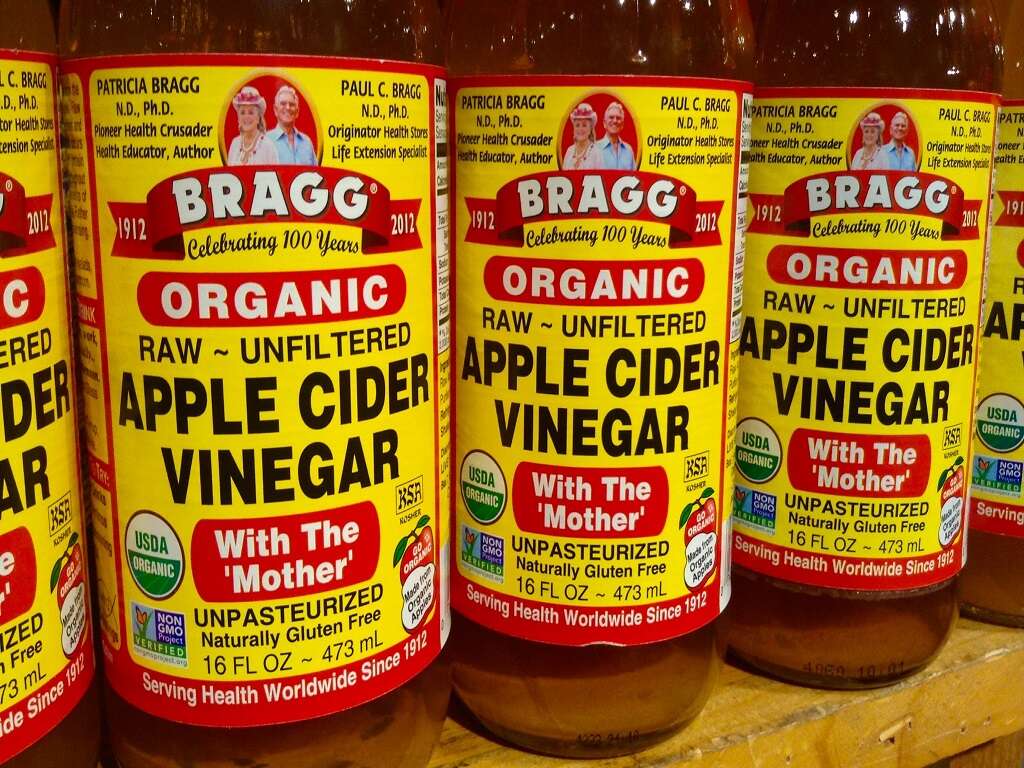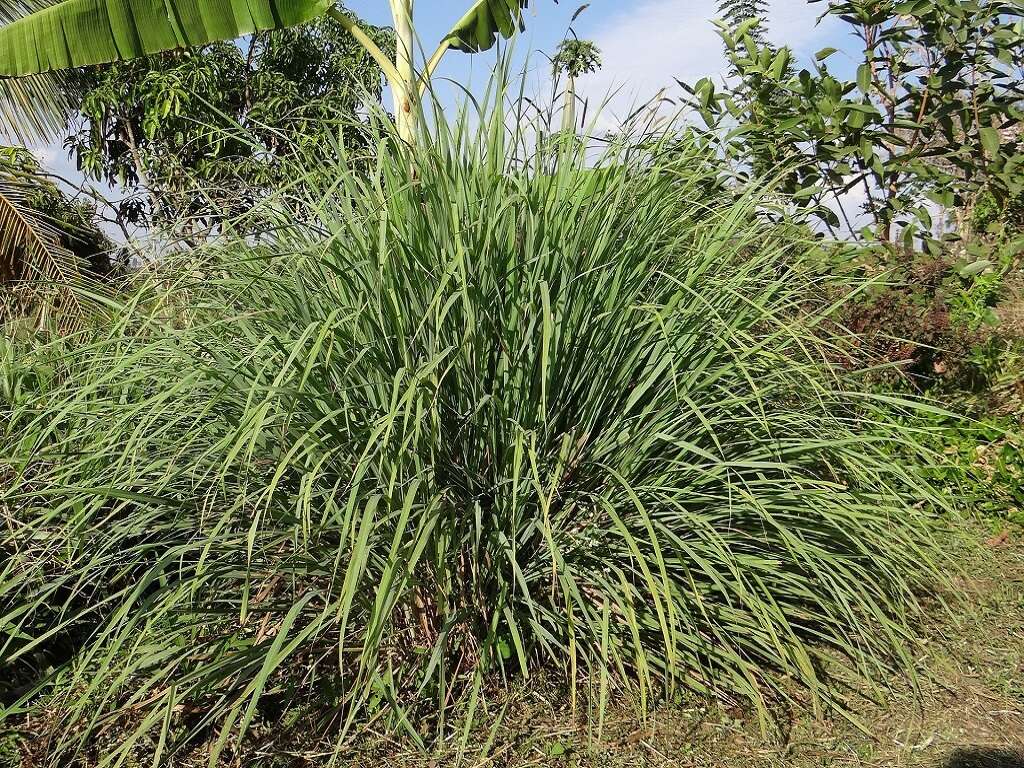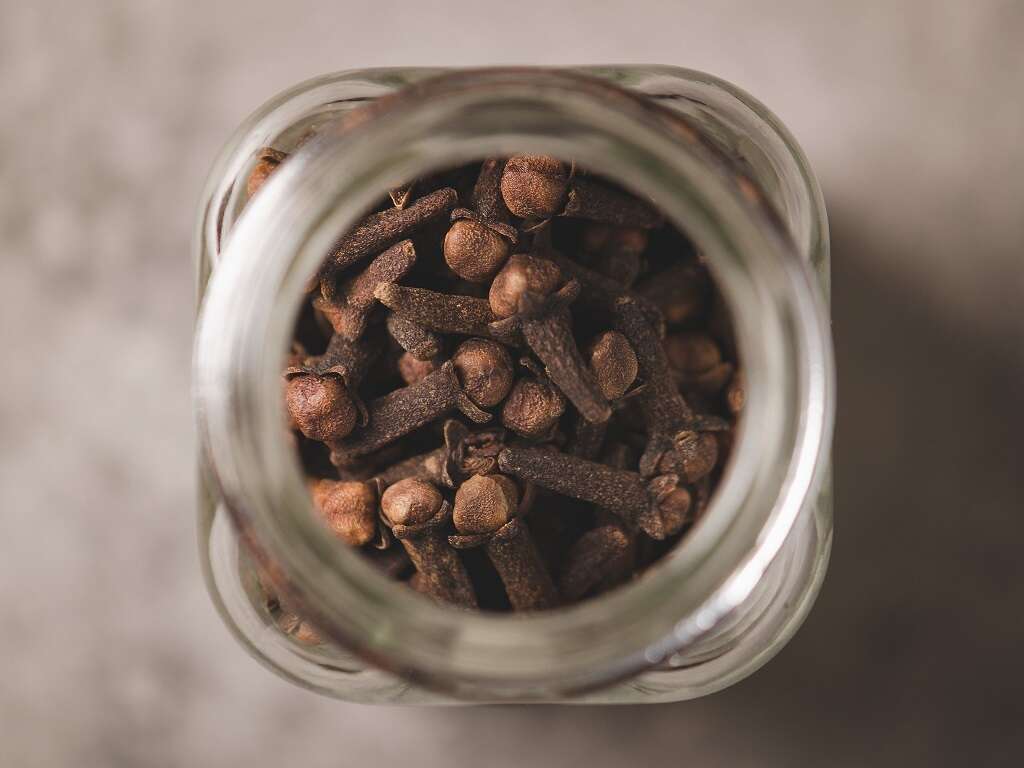10 Benefits of Reishi
Reishi is a mushroom that is commonly found in Asian countries. The mushroom, which is commonly known as the God of Fungi, has many potential health benefits such as, but not limited to, reducing cancer, reducing stress and anxiety, boosting the immune system, and even improving sleep.
Reishi is relatively new to Western cultures but has been used in Asian countries for thousands of years. In its natural form, the mushroom has a bitter taste which may not be enjoyed by many. However, due to its growing popularity in Western medicine, more variations of the mushroom have been created.
The most common way to consume it is through tea. However, it can also be purchased in powdered form, capsules, or liquid extracts. These variations may be preferable for those who do not like the bitter taste.
Reishi Benefit #1: Boosts Immune Response
Due to its antioxidant properties, Reishi has the potential to boost the immune system. In a study done on patients with advanced colon cancer, it was found that when they consumed 5.4g/day of an oral reishi supplement for 12 weeks, their white blood cell count increased. These white blood cells, known as natural killer cells, are crucial in activating the immune system and fighting pathogens.
In a similar study, it was found that the consumption of reishi may inhibit the growth and spread of cancer cells. The hypotheses behind this finding is that reishi contains beta-glucans. Beta-glucans are complex sugars that are abundant in reishi and help fight cancer cells.
Reishi Benefit #2: Fatigue and Depression
Fatigue and depression are major issues for many. Research has linked unhealthy food consumption to an unhealthy gut, which can affect an individual’s brain activity and even mood. Research has linked Reishi to improved overall mood and decreased fatigue. This was seen in a Chinese study which had participants supplement Reishi three times a day for eight weeks. At the end of the trial, participants reported decreased irritability, fatigue, and overall better mood.
A similar study mirrors the results of the study above. In a study done with breast cancer survivors who consumed reishi powder, decreased fatigue, anxiety, and feelings of depression were reported.

Reishi Benefit #3: Improves Liver Function
The liver is one of the most important organs and has a plethora of functions that, if not utilized, would cause detrimental effects on an individual. The liver is important to filter blood from the digestive tract, detoxify chemicals, metabolize drugs, and numerous metabolic processes which aid in producing energy.
In a study done by Food and Chemical Toxicology in 2013, it was found that reishi could protect the liver when exposed to different levels of toxins in mice. In another study, patients suffering from hepatitis B for three months saw positive effects of using reishi. In fact, just after a month, a significant decrease in inflammation was measured. It is believed triterpene in reishi helps with liver regeneration.
Reishi Benefit #4: Cardiovascular Health
In addition, reishi has positive effects on cardiovascular health. The fungus has been linked to promoting blood flow and decreasing the amount of oxygen needed by heart. It is believed these effects contribute to triterpene, which is known to reduce blood pressure, lower cholesterol, and prevent blood clots.
Hypertension affects 1 in 3 people. Another positive affect of the mushroom is its blood pressure lowering properties. In one study, participants consumed 55 mg of reishi three times a day for four weeks. At the end of the fourth week, decreased blood pressure was measured in most of the participants.

Reishi Benefit #5: Neuroprotective Properties
One study showed the neuroprotective properties of reishi. In one study, three groups of rats were administered with different doses of the reishi spore. Doses of 2.0, 4.0, and 8.0 of it were injected every day for 3 weeks.
After the administration of the spore, rats were introduced to a brain altering agent that causes changes to the genetic makeup of the rat. In the rats which were not given spore doses, significant brain impairments were noted. The rats which were injected with the spore were protected from many of the damage seen in the non-injected mice, such as memory loss, and loss of cognitive function. These findings indicate the mushroom may have protective affects against Alzheimer’s and dementia.
Reishi Benefit #6: Longer Life
A longer life is desired by many. The reishi mushroom has been termed the mushroom of immortality due to its anti-aging properties. There are numerous contributors to aging and disease, however, there are three properties in the fungi that have been linked to antiaging effects. These three compounds include, the numerous polysaccharides, triterpenes, and the gandoerma lucdium peptide. Combined, these three compounds combat cancer, the oxidation of cells, and contain numerous antioxidant capabilities that can potentially increase one’s life span.
In a study done on C. elegans, it was found that the consumption of the fungi increased the life span of the organism with just a small dose.

Reishi Benefit #7: Combats Obesity
Obesity is defined as an abnormal or excessive fat accumulation that may impair health. Many of those wo are obese often face a plethora of health conditions. For instance, diabetes is commonly a consequence of obesity. This has led health professionals to coin the term, diabesity.
As mentioned before, reishi contains polysaccharides and triterpenes. Another health benefit of these compounds is their ability to prevent the development of new fat cells. The compounds also have a favorable effect on high triglyceride levels, which are also linked to obesity.
Reishi Benefit #8: Combats Diabetes
Type II Diabetes occurs when an individual has become insulin resistant and is no longer able to produce enough insulin to bring down blood sugar levels. High blood sugar levels can lead to numerous health issues such as blindness, kidney disease, and in severe cases, coma. Individuals with diabetes must watch their carbohydrate levels as they have the greatest effect on blood sugar levels.
Reishi helps combat diabetes through its inhibiting action toward the enzyme responsible for digesting starches into sugars. This inhibition is good because the spike in blood sugar levels after a meal is decreased. Reishi supplements have also been linked to wound healing in diabetics.

Reishi Benefit #9: Urinary Tract Support
Colon cancer is one of the most common cancers affecting men in the United States. It is an aggressive cancer and one of the symptoms includes needing to urinate often. One study revealed taking the fungi helped ease this need.
In addition, according to the Asian journal of Andrology, reishi mushrooms contain a high amount of inhibitory activity in the prostate. In other words, reishi contains an inhibiting enzyme that stops the growth of prostate cancer. The mushroom contains this activity in high amounts in comparison to other medicinal mushrooms.
Reishi Benefit #10: Prevents Cancer
One of the most powerful benefits of the mushroom is its anti-cancer capabilities. The mechanisms in which it is able to do this is through its ability to stop the growth of cancer cells. It can also stimulate cells of the immune system.
As mentioned before, beta glucans are present in the fungi. Studies have shown when animals are fed beta-glucans, the immune cells of mice became more active and were able to fight off cancer cells more effectively. Human research is beginning to reflect similar findings.











